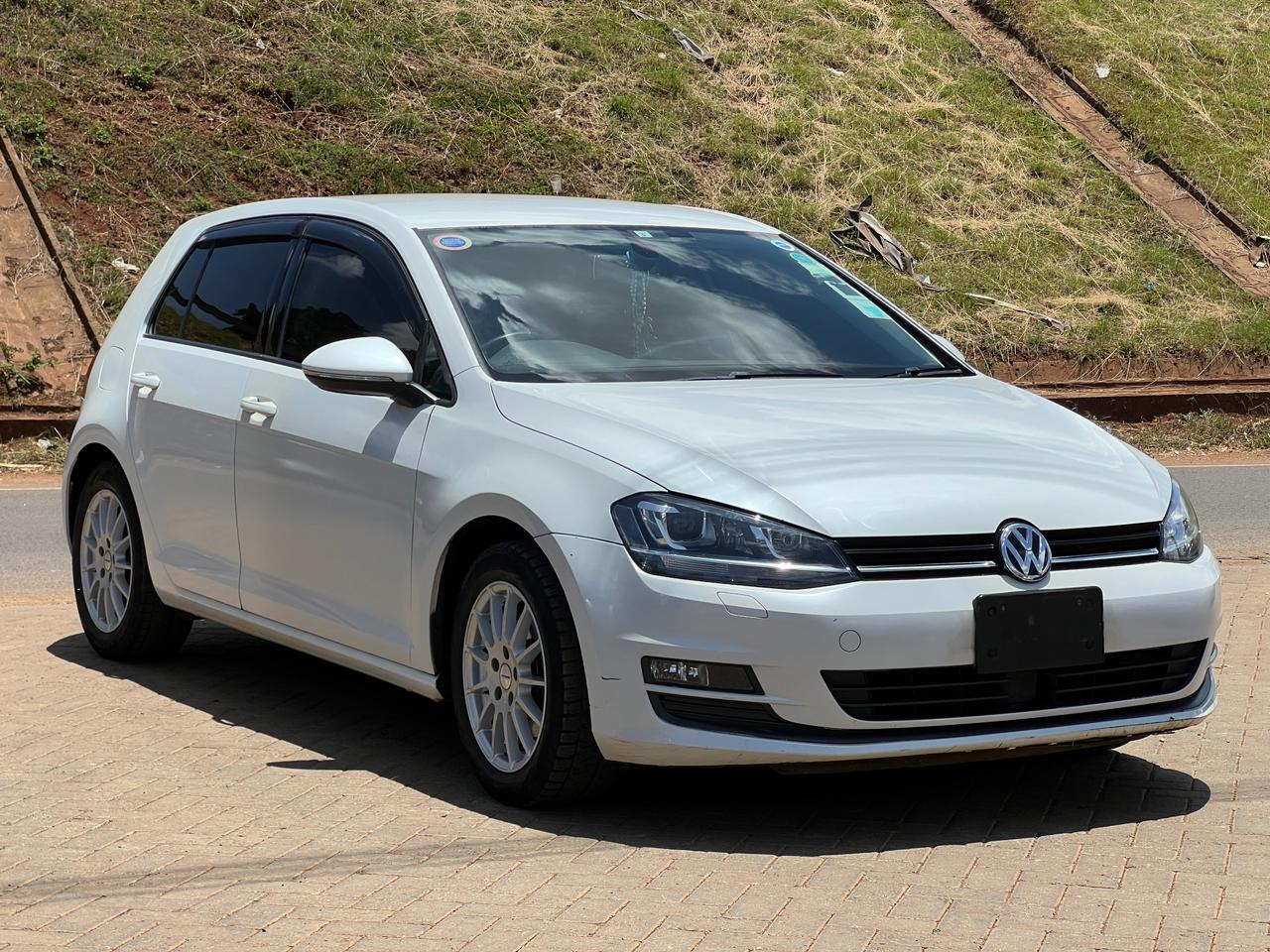Electric vs Hybrid vs Gasoline Cars: A Clear Comparison
Electric vs Hybrid vs Gasoline Cars: A Clear Comparison
With rising fuel prices, environmental concerns, and advances in technology, the automotive world is shifting fast. More car buyers today are asking: Should I go electric, hybrid, or stick with a gasoline engine?
Each type of vehicle offers its own strengths and weaknesses — in cost, convenience, maintenance, performance, and environmental impact. This article will break down the key differences between electric cars (EVs), hybrids (HEVs), and gasoline-powered vehicles, helping you decide which fits your needs best.
1. Power Source: What’s Under the Hood?
Let’s start with the basics — how each vehicle is powered.
Gasoline Cars
-
Powered only by an internal combustion engine (ICE) that burns fuel.
-
Uses gasoline or diesel from a fuel tank.
-
Traditional cars — most vehicles on the road still fall into this category.
Hybrid Cars (HEVs or PHEVs)
-
Use both a gasoline engine and an electric motor.
-
The electric motor is powered by a battery.
-
The car can switch between the two or use both together.
-
Plug-in hybrids (PHEVs) can charge from an outlet, while standard hybrids charge themselves during driving.
Electric Cars (EVs or BEVs)
-
Powered only by electricity from a battery.
-
No fuel tank or gas engine at all.
-
Must be plugged in to charge, like a phone or laptop.
2. Fueling and Charging: Gas Station vs Plug Socket
Gasoline Cars
-
Refuel in minutes at any gas station.
-
Fuel is widely available but becoming expensive.
Hybrids
-
HEVs don’t need to be plugged in — they fill up with gas and charge themselves during braking.
-
PHEVs can charge from a wall outlet or station and switch to gas if needed.
EVs
-
Must be plugged into a charger at home or at public stations.
-
Charging time varies from 30 minutes to 12+ hours depending on charger type.
-
No gas required, ever.
3. Driving Range and Refueling Time
| Vehicle Type | Average Range | Time to Refuel/Recharge |
|---|---|---|
| Gasoline | 500–800 km | 5–10 minutes |
| Hybrid | 700–1,000 km | 5–10 minutes (HEVs), 1–4 hrs (PHEVs) |
| Electric | 300–600 km | 30 mins–12 hours |
-
EV range is improving every year, but long road trips still require charging stops.
-
Gas and hybrid vehicles are better for fast refueling and long drives.
4. Maintenance Costs and Reliability
Gasoline Cars
-
Require oil changes, spark plugs, exhaust work, and more.
-
Engine has many moving parts — more things can go wrong.
Hybrids
-
More complex — has both gas and electric systems.
-
Maintenance can be higher due to dual systems (e.g., battery + engine).
Electric Cars
-
Fewer moving parts — no oil changes, no exhaust system, no fuel pump.
-
Batteries last long but are expensive to replace (usually after 8–15 years).
-
Lower maintenance overall, saving hundreds per year.
5. Environmental Impact
Gasoline Cars
-
Emit CO2, NOx, and other pollutants while driving.
-
Contribute heavily to climate change and urban smog.
Hybrids
-
Emit less than gas-only cars but still pollute when the engine is on.
-
Good compromise for reducing emissions without needing charging infrastructure.
Electric Cars
-
Zero tailpipe emissions while driving.
-
Cleaner overall, especially when powered by renewable electricity.
-
Battery production does have environmental impact, but the long-term footprint is lower.
6. Performance and Driving Feel
Gasoline Cars
-
Proven technology, familiar to most drivers.
-
Can vary in power — from economical to high-performance sports cars.
-
Delayed acceleration due to gear shifts and engine lag.
Hybrids
-
Smoother takeoff due to electric assist.
-
Still depend on gas at higher speeds, which can feel less refined.
Electric Cars
-
Instant torque — faster acceleration and smoother ride.
-
Silent operation with no gear shifts.
-
Excellent for city driving and stop-and-go traffic.
7. Cost to Own: Purchase Price vs Long-Term Savings
| Expense Type | Gasoline Cars | Hybrids | Electric Cars |
|---|---|---|---|
| Purchase Price | Lower | Medium | Higher |
| Fuel Cost | High | Medium | Low |
| Maintenance Cost | High | Medium-High | Low |
| Tax Incentives | None (in most places) | Available in some areas | Often available |
-
EVs cost more upfront, but save money on fuel and maintenance over time.
-
Hybrids are a good middle ground for buyers not ready for full electric.
-
Some governments offer rebates or tax credits for EV and PHEV buyers.
8. Charging Infrastructure and Convenience
Gasoline
-
Infrastructure is already everywhere.
-
No learning curve or changes to habits.
Hybrids
-
HEVs use gas only — no need for plugs.
-
PHEVs can charge at home for short electric trips, then switch to gas.
EVs
-
Home charging is best — convenient for daily driving.
-
Public charging stations are growing fast, but rural areas still lack options.
-
Fast charging networks like Tesla Superchargers help with road trips.
9. Who Should Buy What?
Here’s a simplified breakdown:
| If You... | Go With... |
|---|---|
| Drive long distances often | Gasoline or Hybrid |
| Have short daily commutes | EV or PHEV |
| Want the cheapest long-term option | EV (with home charging) |
| Live in a city with charging stations | EV or PHEV |
| Need simple, proven tech | Gasoline |
| Want to reduce emissions | EV or Hybrid |
10. Final Thoughts: Which One Is Right for You?
There’s no one-size-fits-all answer — your driving habits, location, budget, and access to charging all affect the best choice.
-
Choose a gasoline car if you need a low upfront cost and easy long-range travel.
-
Choose a hybrid if you want better fuel economy without changing your habits.
-
Choose an electric vehicle if you want the lowest running cost, environmental benefits, and smoothest driving — and you can charge at home or nearby.
The future is electric, but hybrids and gasoline cars still have a role today. By understanding the pros and cons of each, you can make the smartest decision for your lifestyle and budget.





Comments
Post a Comment